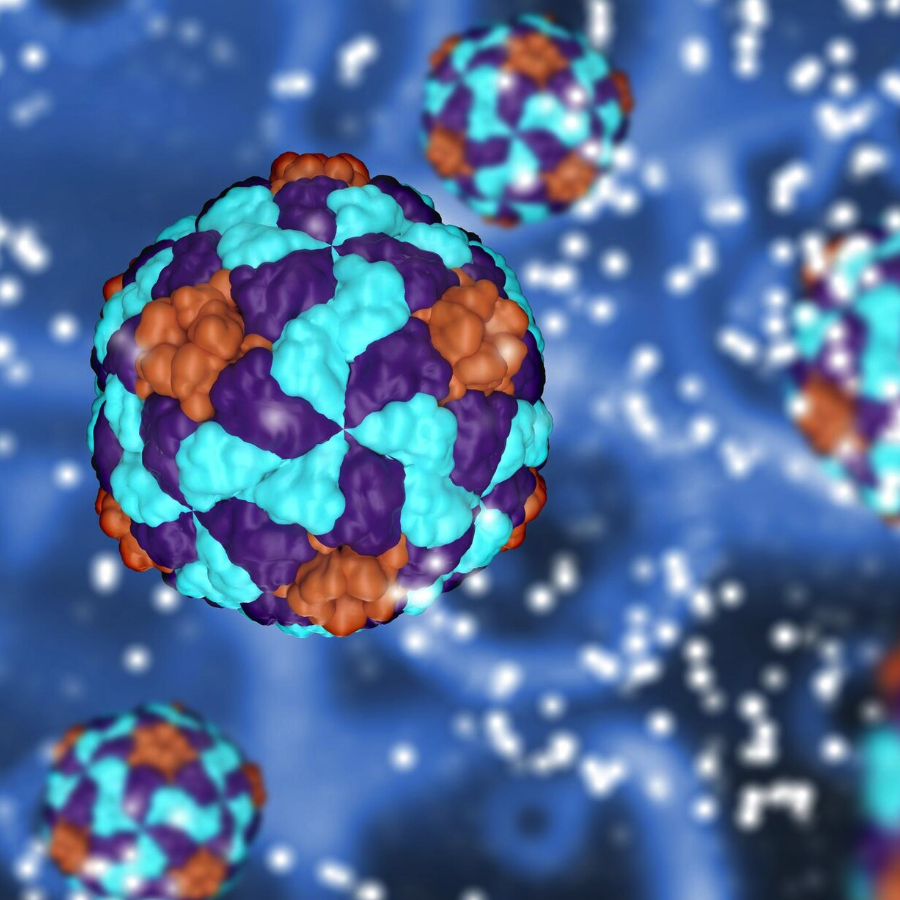Anti-CGRP monoclonal antibodies improve cognitive function in patients affected by chronic migraine complicated with medication overuse-headache

Submitted: 20 March 2024
Accepted: 5 April 2024
Published: 7 May 2024
Accepted: 5 April 2024
Abstract Views: 2485
PDF: 421
Publisher's note
All claims expressed in this article are solely those of the authors and do not necessarily represent those of their affiliated organizations, or those of the publisher, the editors and the reviewers. Any product that may be evaluated in this article or claim that may be made by its manufacturer is not guaranteed or endorsed by the publisher.
All claims expressed in this article are solely those of the authors and do not necessarily represent those of their affiliated organizations, or those of the publisher, the editors and the reviewers. Any product that may be evaluated in this article or claim that may be made by its manufacturer is not guaranteed or endorsed by the publisher.
Similar Articles
- Giulia Paparella, Chiara Abbatantuono, Livio Clemente, Stefania Scannicchio, Marina de Tommaso, Cognitive reserve and well-being in migraine patients: a multidimensional approach to migraine assessment in an Italian tertiary headache center , Confinia Cephalalgica: Vol. 34 No. 1 (2024)
- Marilena Marcosano, Nicoletta Brunelli, Alessandro Alesina, Luisa Fofi, Claudia Altamura, Fabrizio Vernieri, Diaphragmatic small bowel disease in a patient with resistant migraine and medication overuse treated with galcanezumab , Confinia Cephalalgica: Vol. 34 No. 2 (2024)
- Matilde Marini, Daniel Souza Monteiro de Araujo, Martina Chieca, Elisa Bellantoni, Gaetano de Siena, Alessandra Mastricci, Irene Scuffi, Martina Tesi, Pasquale Pensieri, Romina Nassini, Francesco De Logu, Lorenzo Landini, Aromatase inhibitors evoke periorbital allodynia in mice via calcitonin gene-related peptide and its receptors in Schwann cells , Confinia Cephalalgica: Vol. 34 No. 1 (2024)
- Marina Romozzi, Andrea Burgalassi, Catello Vollono, Maria Albanese, Giulia Vigani, Francesco De Cesaris, Alberto Chiarugi, Paolo Calabresi, Luigi Francesco Iannone, Prospective evaluation of aura during anti-calcitonin gene-related peptide monoclonal antibody therapy after 52 weeks of treatment , Confinia Cephalalgica: Vol. 34 No. 1 (2024)
- Selene Attorre, Andrea Burgalassi, Giulia Vigani, Francesco De Cesaris, Marina Romozzi, Luigi Francesco Iannone, Sex and gender differences in the epidemiology, clinical features, and pathophysiology of trigeminal autonomic cephalalgias , Confinia Cephalalgica: Vol. 34 No. 2 (2024)
- Davide Mascarella, Benedetto Carandente, Valentina Favoni, Elisa Maria Bruno, Pietro Cortelli, Giulia Pierangeli, Sabina Cevoli, Back to the future: a case series on revisiting onabotulinumtoxinA for chronic migraine management after anti-CGRP therapies failure , Confinia Cephalalgica: Vol. 34 No. 2 (2024)
- Massimo Ragonesi, Disordini temporomandibolari: profilo clinico in relazione all’adattamento psicologico allo stress. , Confinia Cephalalgica: Vol. 29 No. 1 (2019)
- Giuseppe Nappi, Cervello, Emicrania e altri Malditesta , Confinia Cephalalgica: Vol. 29 No. 1 (2019)
- Serena Coschignano, Conceptual metaphors and framing in Cognitive Linguistics , Confinia Cephalalgica: Vol. 32 No. 3 (2022)
- Damiana Scuteri, Martina Pagliaro, Andrea Monteleone, Assunta Tarsitano, Rosario Iannacchero, Marilù Vulnera, Giorgio Sandrini, Paolo Tonin, Giacinto Bagetta, Maria Tiziana Corasaniti, Proposal of combination therapies to treat refractory chronic migraine , Confinia Cephalalgica: Vol. 33 No. 3 (2023)
You may also start an advanced similarity search for this article.

 https://doi.org/10.4081/cc.2024.15760
https://doi.org/10.4081/cc.2024.15760







